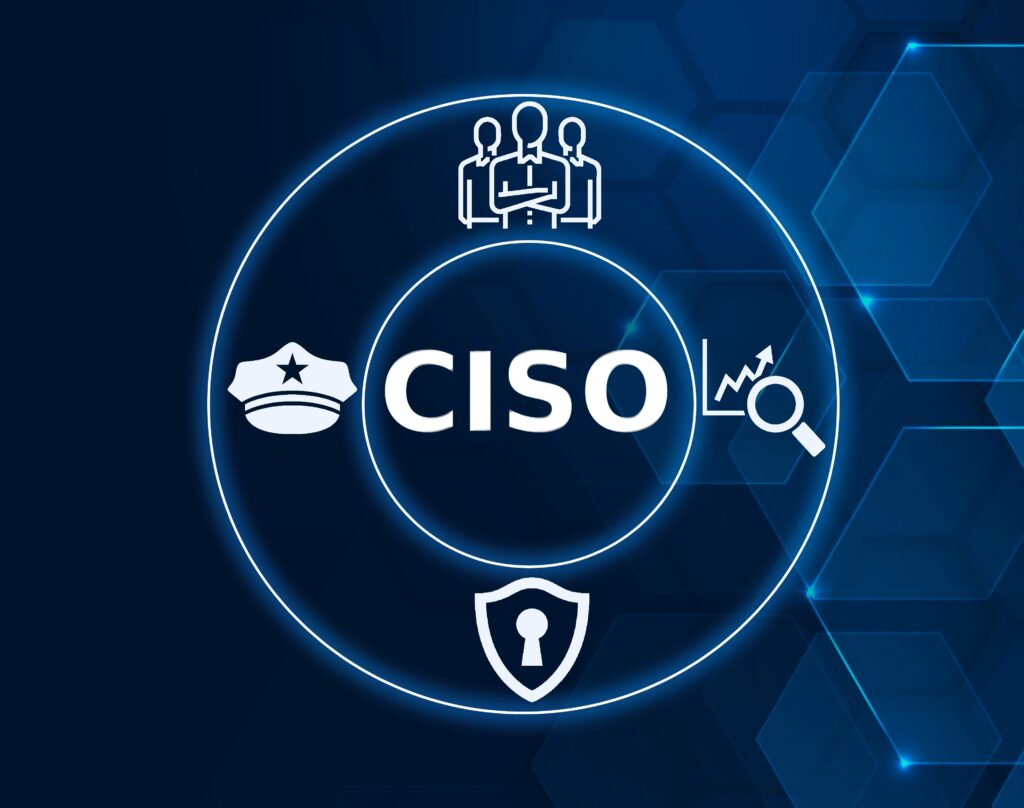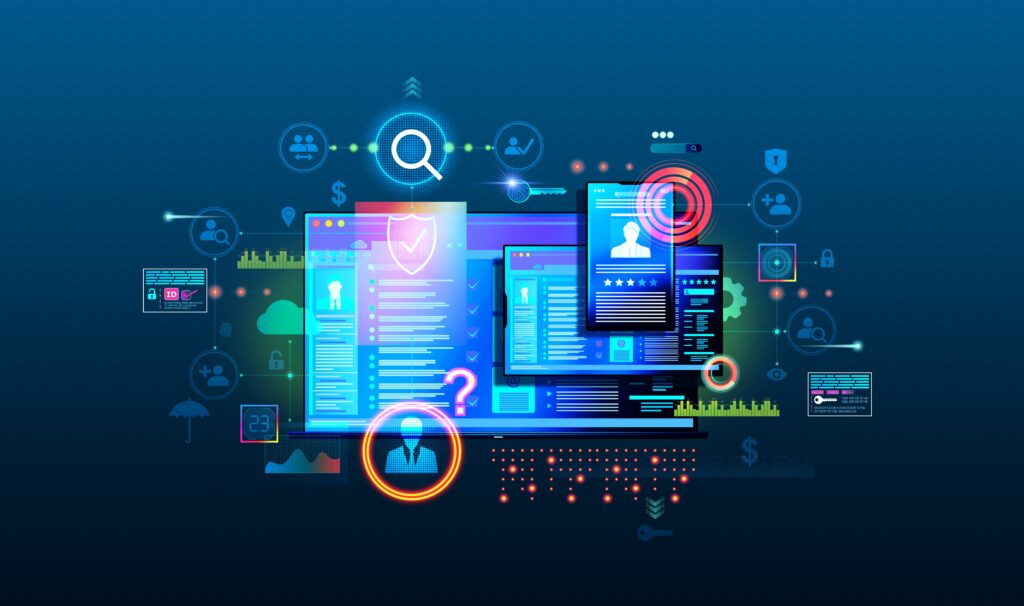The business of healthcare is complex. On the one hand, there are the massive regulatory requirements, the need to move from on-premise antiquated legacy infrastructures to modern, more secure systems, the constant drive to reduce waste, and the ever-present race against time. On the other hand, there are new discoveries, growing bodies of research, emerging technologies like machine learning and artificial intelligence, and chances to accelerate digital transformation. To complicate things further, the pressures a provider faces may be vastly different from those of a payer, and you can be sure both of those differ from what life sciences are trying to overcome.
My colleague Scott Whyte (Advisor & former Chief Strategy Officer) and I were having one of our friendly debates the other day about the issues facing the life sciences in particular and decided to bring our thoughts and conversation together into a webinar for you. You can access it here.
With the time and cost to bring a drug to market currently about 10 years and $2.5 billion, time to market is a critical pain point for those in life sciences. The ability to be nimble, to scale quickly, to pivot and ironically, to fail fast, is the difference in who succeeds and who doesn’t.
Globalization and emerging markets, industry consolidation, and pressure from generics are all adding fuel to the fire.
From my point of view, the IT trends are fascinating. Big data and analytics and new information sources are giving us not only more, but also more valuable data to work with. From Scott’s point of view, the need to target therapies, to customize devices, to feed the R&D pipeline and modernize clinical trials all come into play.
In this webinar we touch on all of this as we explore what’s slowing speed to market in the life sciences, how to gain financial and competitive advantages in the cloud, how to rise to the challenges of HIPAA, GDPR and GxP, and how automation is game changing. Scott also shares four stories from his customers in the life sciences and shows us what we can learn from the work they are doing.
I always enjoy a chance to talk about and take on the big challenges in healthcare with Scott. I hope you enjoy the conversation.


